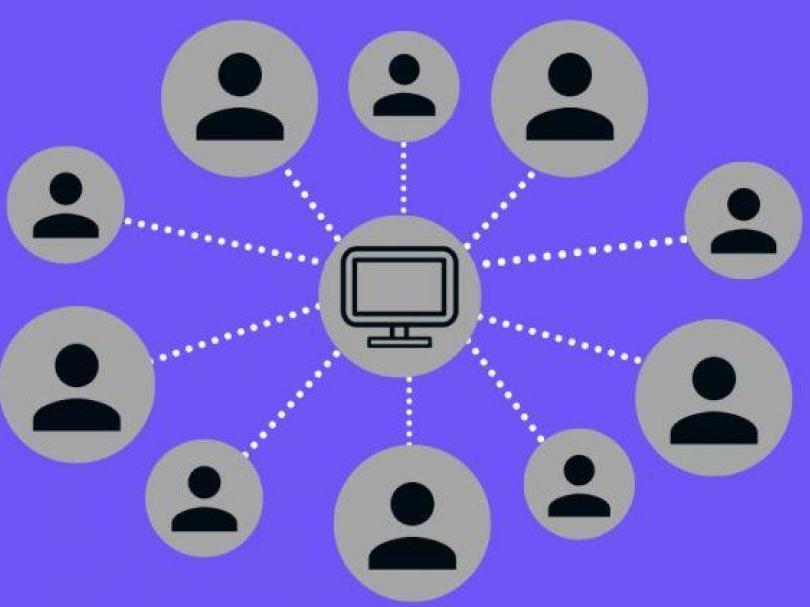
Brian Sims
Editor

Brian Sims
Editor
CIFAS, THE UK's leading fraud prevention service, is urging retailers to better protect their customers' information as designers and fashion chains alike sought to attract new business during London Fashion Week. The move comes as the latest data from the National Fraud Database reveals that facility takeover fraud in the retail sector rose by an enormous 195% in 2020.

Almost half of the instances of facility takeover fraud against retailers have related to unauthorised changes to security or personal details on customer accounts, with a third relating to unauthorised deliveries.
Intelligence shared by Cifas members suggests that criminals are trading information about compromised customer data online in order to support fraudulent activity against retailers. The organisation has also seen evidence of criminals discussing organisations that don’t conduct fraud checks against Cifas databases to identify them as easier targets for attempts at fraud.
London Fashion Week traditionally sees retailers taking to online platforms in order to sell merchandise and encourage customers to sign up for accounts. Cifas has reminded these retailers that it’s always crucial they keep the details of these accounts safe from fraudsters and cyber hackers.
Mark Courtney, Cifas’ chief product officer, commented: “There are a number of simple steps retailers can take to protect their customers from facility takeover fraud. It’s critical that they train and equip front line staff, such as those working in customer support roles, so that they can spot suspicious behaviour quickly. Offering multi-step authentication to customers when accessing their accounts will also mean that any breach of e-mail addresses and passwords will not automatically afford criminals access to accounts.”
Courtney added: “With increasing numbers of people buying online, retailers need to keep up-to-date with the latest intelligence from others in the sector so that they can take steps to mitigate these risks together. Criminals don’t work in silos and neither should the retail community. Only by working together and in tandem with ourselves can they effectively protect the public from the serious damage caused by fraud.”
Amber Burridge, head of fraud intelligence at Cifas, observed: “A common trend often seen around Fashion Week is alternative brands designing items similar to those you’ll see on the catwalk runway for a lower price. When shopping online for these deals, consumers need to be wary of fake goods or phishing websites designed to steal personal and banking details.”
Burridge added: “When people are shopping on a new website, they must first conduct research before signing up to any mailing list, creating an account or making a purchase. It could be a phishing website. They should also access any reviews on independent websites and always use secure payment methods. Consumers must take their time when making a purchase and not feel rushed into handing over their personal details.”
Coronavirus scams update
Cifas is also highlighting the latest Coronavirus-focused scams, duly warning members of the public to remain vigilant of the ever-changing tactics that scammers are using in a bid to extract money and information.
The European Anti-Fraud Office (OLAF) has issued a warning about fake COVID vaccines. OLAF has heard reports of fraudsters selling fake vaccines in the EU and is extending its inquiry into fake COVID-19 protection products to tackle the illicit vaccine trade.
Since opening its investigation last March, OLAF has helped to identify over 1,000 suspicious operations and seize over 14 million items, including faulty face masks and fake test kits.
The COVID-19 vaccine is free of charge on the NHS. The NHS will never ask for bank account or card details, banking passwords or login details or copies of personal documents such as a passport, driving licence, bills or payslips.
Further, Cifas has heard reports of fake COVID-related jobs being advertised on social media. These roles focus on a variety of areas from COVID testers to administration support and, in most cases, ask for personal and financial details which are later used to commit identity theft.
COVID-19 fraud continues to be a serious problem, with Action Fraud recently reporting that it had been alerted to 4,540 COVID-related fraud and cyber crimes resulting in total losses of £21.8 million.
Jobseekers can research whether a company is legitimate by checking the Companies House website. Anyone who has been offered a job and thinks it might be a scam should contact the organisation directly using officially listed contact details to confirm that any offer is genuine.
Additional advice is available on the Safer Jobs website.
Dorset House
64 High Street
East Grinstead
RH19 3DE
UNITED KINGDOM
01342 31 4300